Common Home Remedies Disclaimer: For Educational Purposes Only
Disclaimer: Educational Purposes Only – The information in this article is for educational purposes only and has not been evaluated by the Food and Drug Administration (FDA). It is not intended to diagnose, treat, cure, or prevent any medical condition. Natural remedies can affect individuals differently, and what works for one person may not work for another. Some herbs or natural substances may cause allergic reactions or interact with medications. Always consult a qualified healthcare professional before starting any new health regimen, especially if you are pregnant, nursing, taking medications, or have a pre-existing health condition. Perform a patch test for topical remedies and introduce herbal treatments gradually to monitor for any adverse effects.
This blog contains affiliate links. I may earn a small commission at no extra cost to you if you make a purchase through these links. Thank you for your support!

Common Home Remedies – Herbal remedies have been used for centuries to treat common ailments and support overall health.
These time-tested solutions are not just remnants of the past—they’re practical tools for anyone looking to improve their well-being naturally. Whether you’re facing headaches, digestive issues, or stress, there’s likely a remedy that’s both effective and easy to use.
Many of today’s over-the-counter treatments are inspired by these natural solutions. For example, aspirin’s active ingredient originally came from willow bark, a well-known herbal remedy for pain relief. While pharmaceutical companies isolate and synthesize compounds for mass production, herbal remedies maintain the holistic benefits of their original forms. This means they often have fewer side effects and are more versatile. That’s why many people are returning to these age-old remedies today. Because when you focus on simple, natural solutions, you sustainably gain control over your health.
Herbal remedies aren’t just about treating symptoms—they’re about empowering you to take care of yourself more intentionally. They’re accessible, effective, and can be integrated into daily life with minimal effort. Natural health isn’t a trend; it’s a time-proven approach that works.
By the end of this article, you will understand how to use these remedies in your daily life confidently.
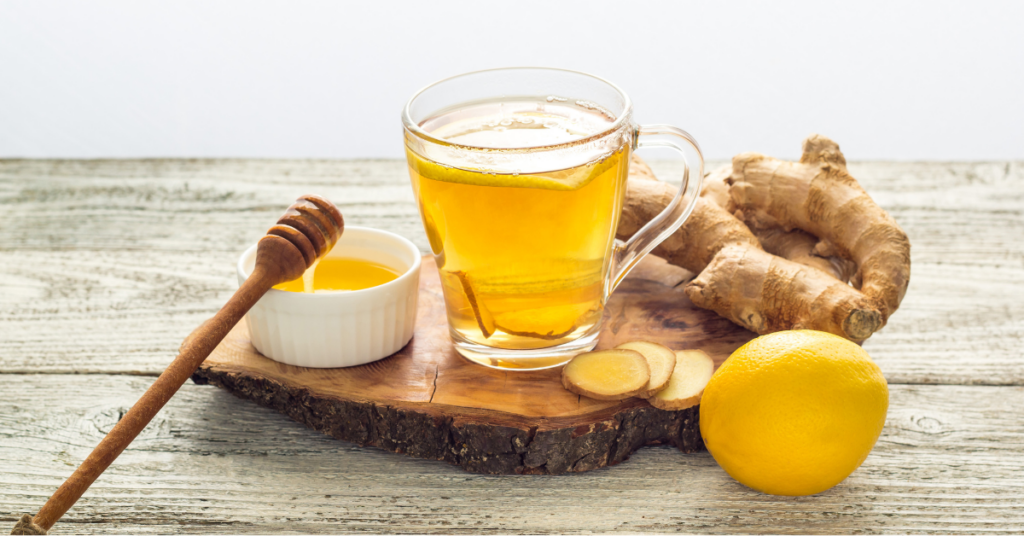
1. Ginger
- It soothes nausea and aids digestion.
- Reduces muscle pain and inflammation.
- It is best used as a tea or chewed raw for quick relief.
2. Turmeric
- It fights inflammation and supports joint health.
- It boosts the immune system and aids digestion.
- Mix into milk or use in cooking for daily benefits.
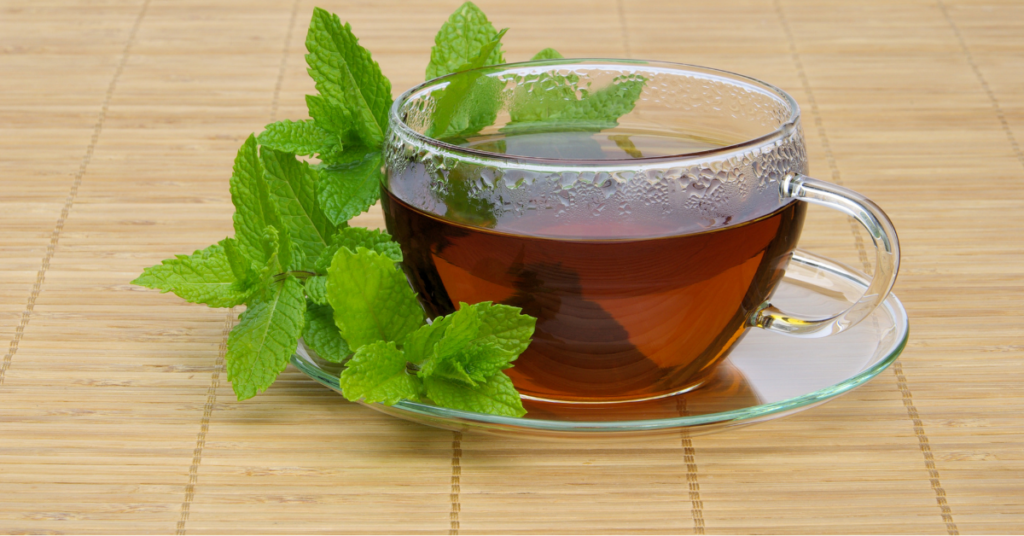
3. Peppermint
- Relieves headaches and clears congestion.
- Eases digestive discomfort and reduces stress.
- Use as a tea or inhale essential oil for quick effects.
4. Chamomile
- Calms anxiety and promotes better sleep.
- It soothes skin irritations and reduces inflammation.
- Brew as tea or use as a compress for external relief.
5. Garlic
- It acts as a natural antibiotic for colds and flu.
- It lowers blood pressure and boosts circulation.
- Eat raw, roasted, or make a garlic-infused salve.
6. Eucalyptus
- Clears nasal congestion and relieves coughs.
- Soothes sore muscles and joints.
- Add oil to a hot bath or use steam inhalation.
7. Lavender
- Reduces stress and improves sleep.
- Soothes minor burns and skin irritations.
- Use oil for aromatherapy or apply diluted to your skin.

8. Aloe Vera
- Cools sunburns and heals minor cuts.
- Moisturizes skin and soothes irritation.
- Apply fresh gel directly to affected areas.
9. Thyme
- It fights coughs and respiratory issues.
- It boosts the immune system and aids digestion.
- Brew as tea or add to soups and stews.
10. Rosemary
- Improves focus and memory.
- It relieves muscle pain and promotes hair growth.
- Use as an infused oil or rinse for hair care.
11. Echinacea
- Boosts immunity and shortens colds.
- Reduces inflammation and fights infections.
- Drink it as tea or take it in capsule form for convenience.
12. Calendula
- Heals wounds and soothes skin conditions.
- Reduces swelling and promotes faster recovery.
- Apply as a salve or use in skin creams.
13. Cinnamon
- Regulates blood sugar and improves circulation.
- Eases menstrual cramps and fights bacteria.
- Add to tea, oatmeal, or warm water with honey.
14. Fennel
- It relieves bloating and improves digestion.
- Eases menstrual discomfort and boosts milk production in nursing mothers.
- Chew seeds or brew as a tea after meals.
15. Lemon Balm
- Reduces stress and improves mood.
- Helps with insomnia and cold sores.
- Brew as tea or apply topically to cold sores.
16. Clove
- Eases toothaches and freshens breath.
- Reduces inflammation and fights infection.
- Apply clove oil directly to gums or add to warm water for a rinse.
17. Oregano
- Fights bacterial and viral infections.
- Supports respiratory health and digestion.
- Use as an oil or add fresh oregano to meals.
18. Parsley
- Reduces bloating and freshens breath.
- Provides vitamins A, C, and K.
- Chew fresh leaves or add to salads and smoothies.
19. Basil
- It calms digestive issues and reduces stress.
- It acts as a natural anti-inflammatory and antimicrobial.
- Use fresh leaves in tea or chew raw for quick benefits.
20. St. John’s Wort
- Eases mild depression and improves mood.
- Promotes wound healing and reduces inflammation.
- Take as a tea or supplement, but consult a doctor for use with medications.
21. Dandelion
- It supports liver health and improves digestion.
- Reduces water retention and provides antioxidants.
- Use the leaves in salads or brew the roots as tea.
22. Cilantro
- Detoxifies heavy metals and aids digestion.
- Provides vitamins C, K, and antioxidants.
- Add fresh leaves to meals or blend into smoothies.
23. Sage
- It improves memory and reduces sore throat pain.
- It acts as a natural antimicrobial for oral health.
- Use as tea or gargle with a sage-infused rinse.
24. Black Pepper
- It enhances nutrient absorption and relieves cold symptoms.
- It improves digestion and boosts metabolism.
- Sprinkle freshly ground pepper on meals or add to warm water with honey.
25. Fenugreek
- It helps regulate blood sugar and boosts milk production in nursing mothers.
- Eases digestive discomfort and promotes hormonal balance.
- Soak seeds overnight and consume or brew them as tea.
26. Licorice Root
- Soothes sore throats and calms upset stomachs.
- It supports adrenal health and reduces stress.
- Use as a tea or chew the root for direct relief.
27. Valerian Root
- Promotes relaxation and improves sleep quality.
- Reduces anxiety and eases muscle tension.
- Take it as a supplement or brew it as tea before bedtime.
28. Marshmallow Root
- Soothes coughs and heals irritated digestive tracts.
- It relieves dry, itchy skin and promotes hydration.
- Brew as tea or use it as a soothing skin wash.
29. Parsley
- Reduces bloating and freshens breath.
- Provides essential vitamins like A, C, and K.
- Chew raw leaves or steep them in hot water for tea.
30. Bay Leaves
- Relieves digestive issues and supports respiratory health.
- It provides antioxidants and helps manage blood sugar levels.
- Use in soups, stews, or make a bay leaf tea.
31. Cayenne Pepper
- It boosts metabolism and relieves pain with capsaicin.
- It improves circulation and clears nasal congestion.
- Add a pinch to warm water with lemon or sprinkle over food.
32. Comfrey
- Promotes wound healing and reduces inflammation.
- It soothes joint pain and accelerates tissue repair.
- Use as a salve or compress on affected areas.
33. Milk Thistle
- Supports liver detoxification and regeneration.
- It protects against toxins and promotes digestive health.
- Take as a capsule or brew seeds into tea.
34. Mint
- Relieves headaches, bloating, and nausea.
- Provides a refreshing flavor and calming effects.
- Brew as tea or chew leaves directly for quick relief.
The Power of Common Herbal Remedies
Herbal remedies are simple, effective tools to support your health naturally.
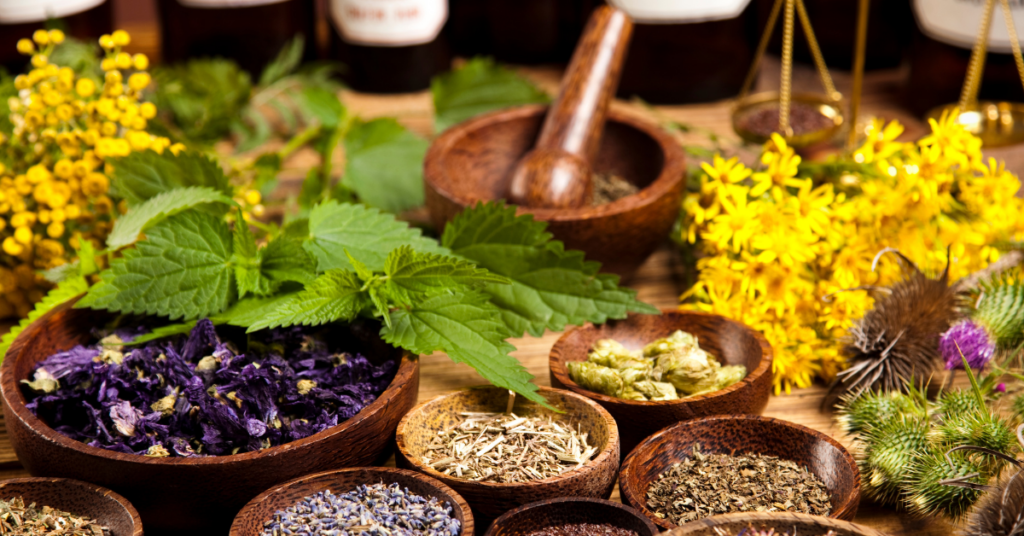
These solutions aren’t just for those with a deep knowledge of plants—they’re accessible to everyone. Whether you’re addressing headaches, stress, or digestion, these remedies provide a straightforward way to feel better without reaching for synthetic alternatives.
Throughout history, people have relied on herbs for healing, and their effectiveness remains true. For instance, willow bark inspired modern aspirin and was a staple for treating pain long before it became a commercial product. Many pharmaceutical advancements owe their origins to these natural solutions, but unlike their lab-produced counterparts, herbal remedies often have fewer side effects and a broader range of uses. By incorporating even a few of these into your routine, you tap into centuries of wisdom and a proven way to care for your body. This matters because taking control of your health starts with small, intentional choices that empower you to live well.
Herbs like ginger, turmeric, and garlic show how nature answers everyday health challenges. These remedies don’t just treat symptoms; they enhance your overall well-being with minimal effort. By choosing herbal remedies, you’re embracing a natural, sustainable approach that benefits your body in countless ways.
The takeaway is clear: the best health solutions are often the simplest and right within your reach.

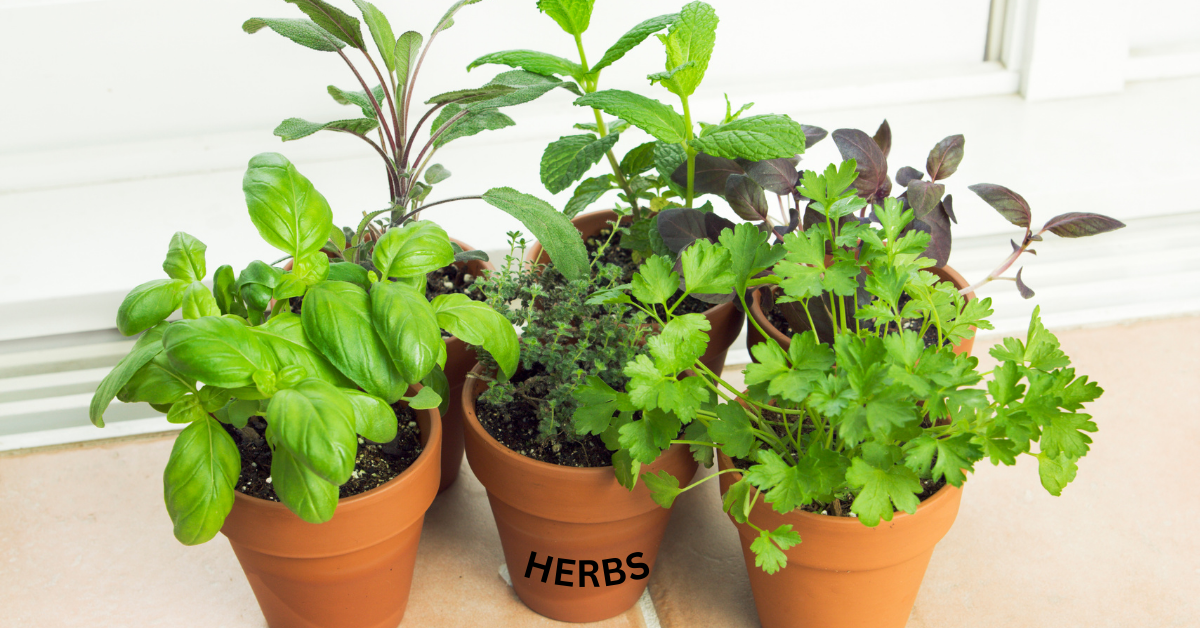


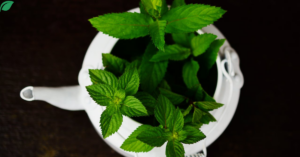
Pingback: Herbal Health: What Are Home Remedies and How to Use Them Today - Herbs Products Online